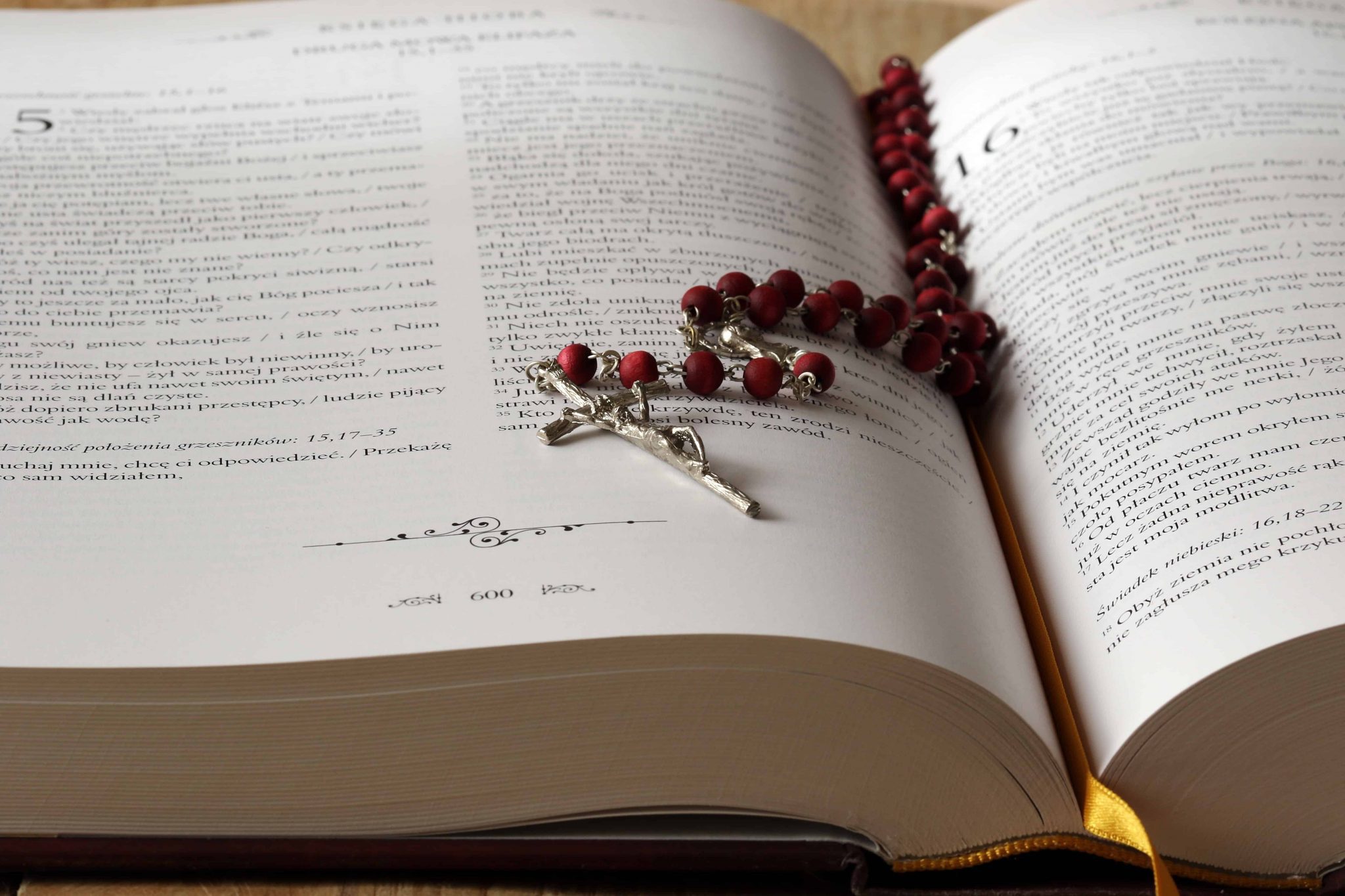Second Sunday of Advent
We are walking a path through the millennia to our heavenly home. Our path is obstructed by rough, winding, mountainous terrain (Lk 3:5; see also Mt 7:14). Possibly the most difficult obstacles we face are “age-old depths and gorges” (Bar 5:7). “Age -old depths” have become very deep, and the drop-offs are steep. It is usually impossible to walk down or walk up a gorge. Climbing down or up a gorge is so dangerous that the climbers risk their lives. Spiritually speaking, “age-old depths and gorges” may be strongholds, sophistries, and proud pretensions which raise themselves in opposition to Jesus (see 2 Cor 10:4-5). “Depths and gorges” may be the sinful habits etched into our lives (see Col 3:7). To fill in these gorges of sinfulness and thus be able to continue our journey home, we must repent, deny ourselves, and lose our sinful lives (Lk 9:23-24). When we celebrate the Sacrament of Reconciliation, the Lord will peel off layer after layer of blinding sinfulness, and gorges which naturally become worse obstacles will be supernaturally filled and miraculously disappear. Make one of your Advent Confessions as soon as possible. Make the treacherous ravines and “grand canyons” of your life passable. Come home.
First Sunday of Advent
Each Advent season begins with a reading from Isaiah, for Isaiah is the great prophet of the Messiah. This reading is taken from the latest part of the Book of Isaiah. After the return to Jerusalem from exile in Babylon the Jews were passionately awaiting the coming of the Messiah. They were conscious that they had sinned and deserved their punishment, but still longed for the liberation from foreign interference that the Messiah would bring. After the coming of Christ we are in much the same position of waiting for the fulfillment of the sovereignty or kingship of God. Jesus brought the pledge of this kingship by his miracles of healing, his welcome to sinners, his teaching about the Kingdom and, above all, by his Resurrection from the dead. We no longer have any reason to fear death. We are conscious of our own failings, of our cooperation with evil, and long for the strength and fidelity that wholehearted membership of God’s Kingdom would bring us.
Twenty-Ninth Sunday in Ordinary Time
Three times in Mark’s gospel Jesus formally tells his disciples about his coming Passion, and each time they seem entirely deaf to it. So each time Jesus counters their misunderstanding by repeating the need of a disciple to follow him in suffering. Today’s reading begins just after the third prophecy, and—true to form— the sons of Zebedee reply with a request for the best seats at the banquet of the Kingdom! Matthew spares the two disciples by putting the request in their poor mother’s mouth. Only in a second exchange with Jesus do they woodenly accept to share Jesus’ ‘cup’ and ‘baptism’. Do they really know what they are accepting, or do they just blithely agree? The indignation of the other disciples prompts Jesus to his clearest statement in words that authority in the Church is a service. His clearest statement in action is the smelly business of washing their travel-gnarled feet at his last meal with them. The lesson is difficult to assimilate, for authority corrupts even at this level. At the ordination of a priest the Church still speaks of ‘the dignity of the priesthood’ rather than the ‘service of the priesthood.’
Twenty-Eighth Sunday in Ordinary Time
After the initial discussion about eternal life, Jesus addresses an issue which has always faced Christians. Are riches an obstacle to faith? Jesus’ answer is that riches can be an impediment to the life of a disciple. The astonishment of the disciples arises from the belief that material prosperity is a reward from God. Jesus does not seem to share this view.
Instead, Jesus maintains that material possessions may well be an obstacle to salvation. For this reason Christians are invited ‘to leave everything’. If this is not possible they should ensure that whatever they possess and whatever power they have is used for the good of others. The real enemy is selfishness. It is selfishness that kills love.
